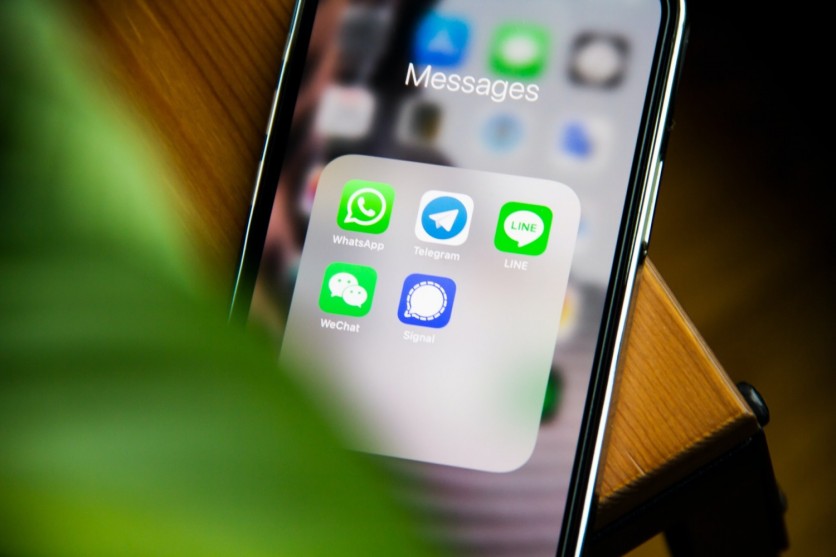Australia's media regulator has said that the country's amended misinformation code still does not go far enough to address widespread group messaging and calls, such as Whatsapp, for more reporting standards for digital media firms.
Australian Communications and Media Authority (ACMA) is acknowledging the release of a new voluntary code of practice on disinformation and misinformation, which was released at the end of December 2022.
According to The Guardian, the group would keep pushing for the ability to compel social media companies to hand over information to combat misinformation and handle complaints.

The Anti-misinformation Campaign
The Morrison administration backed this campaign in March 2022. In June last year, the new communications minister, Michelle Rowland, stated that social media firms might soon be obliged to pass over post and viewership data so the government can consider strengthening disinformation legislation.
The Digital Industry Group Inc. (DIGI), of which Google, Apple, Meta, Twitter, and TikTok are members, drafted a voluntary code of behavior for Australia's self-regulated social media industry.
The condition that the damage must be "imminent" was removed from the code and instead defined as a message conveying a "serious and credible threat."
A promise to provide users with basic information on the usage of "recommender systems" like Twitter's suggested tweets or TikTok's For You page, as well as the options linked to their content, was also included.
The policy also requires transparency reporting for services with less than 1 million active monthly users in Australia, which will promote smaller platforms' involvement.
ACMA applauded modifications that give better openness about where people may file complaints, as per the report.
Concerns about Potential Loopholes
However, the updated code does not address all of ACMA's concerns expressed in the submission. These include constructing a more rigorous reporting mechanism and broadening the code to encompass "mis- and disinformation" on large-scale group messaging services.
Notably, false rumors regarding kid abductions circulated in India through WhatsApp and in Australia via Facebook messaging during the 2019 election.
Although Acma underlined that it had requested stronger regulatory monitoring over platform operations and advocated additional regulatory authorities in 2021, it said it would evaluate the updated code before offering any more recommendations to the government.
Companies that have signed the code post reports detailing their efforts to battle misinformation. Nevertheless, ACMA has indicated it wants more formal information-gathering tools, including the right to seek data from Australia on the efficacy of steps to address disinformation and misinformation.
A Pledge to Improve
DIGI's managing director Sunita Bose once referred to the code as a crucial precaution for Australians against the damages that emerge from misinformation.
The company has since pledged to work toward continuous enhancement of the code.
"As mainstream platforms get better in their approaches to mis- and disinformation, this content and behaviour is likely to proliferate elsewhere online. That's why we're also making changes today to make it easier for smaller companies to adopt the code."
Read Also : Covid-19 Misinformation and Deceptive Claims Are All Over the Internet, Doctors Are Worried


![Apple Watch Series 10 [GPS 42mm]](https://d.techtimes.com/en/full/453899/apple-watch-series-10-gps-42mm.jpg?w=184&h=103&f=9fb3c2ea2db928c663d1d2eadbcb3e52)


